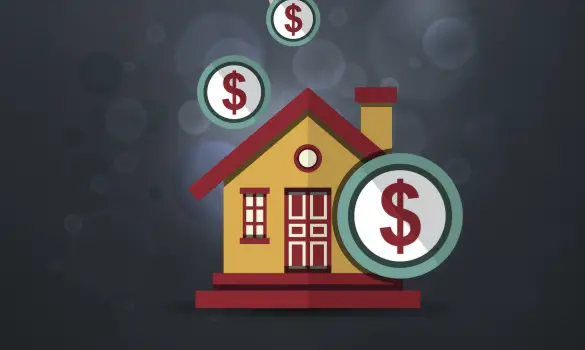Reverse mortgages are an option for those who are over 62 and own a home. They can be a great choice for lessening financial stress later in life of having a mortgage. These extra funds are taken from the equity of the home, and the lender pays the borrower in a reverse mortgage. Until the home is sold, the borrower does not have to make payments to the lender. Reverse mortgages might be a good option for some individuals, but they’re not always a good fit financially. Here are important questions to ask before applying for a reverse mortgage.
Is A Reverse Mortgage The Best Way To Lower Expenses?
One of the main reasons older people apply for a reverse mortgage is to lower their expenses. Bills can get overwhelming later in life, especially after retirement. A reverse mortgage isn’t always the best way to keep payments down, however. There are often state or local initiatives which lower the cost of living for those of a certain age. It’s also possible to downsize or relocate to lower the costs of living if you’re in a large home or expensive area.
Are You On A Fixed Income?
A reverse mortgage is not a good option for those on a fixed income. If you’re approved for a reverse mortgage, you’re still required to pay taxes on your property and to pay for home insurance. You are still expected to make these other payments even if you have a reverse mortgage, so you need another form of income.
Can You Sell Your Home?
Selling your home is one of the best alternatives to a reverse mortgage. Many older people are ready to downsize after a certain age, and they can use the cash from selling their home to create a more financially secure situation. Selling your home not only gives you the chance to downsize, but you can use the cash towards future savings!
How Long Will You Stay In Your Home?
One of the most important things to consider before applying for a reverse mortgage is just how long you plan to stay in your home. In general, reverse mortgages only make sense if you intend to stay in your home for a long period of time. If you have a reverse mortgage, you still are required to pay insurance premiums. This is done so your loan balance won’t grow to be larger than the value of your home. If you’re paying these premiums and don’t intend to stay in the home for a long time, then you might end up paying more than you have to! Compared to other mortgage rate predictions, reverse mortgages tend to bring higher interest rates. If you’re just going to sell your home in a few years this might mean you spend more than you need to.
Did You Plan To Leave Your Home To Someone?
Many people have plans for leaving their home to their children or another relative after they pass away. When you have a reverse mortgage, this isn’t the case. Your home will belong to the bank once you’ve passed away or once the home is sold. If it’s important that your home stay with your family, reconsider a reverse mortgage.
Is A Reverse Mortgage Right For You?
A reverse mortgage is a great option for many over the age of 62. You can use a reverse mortgage to pay off any existing mortgages and they can help seniors stay in one place during their retirement. Most reverse mortgages are government insured which comes with much-needed peace of mind. As always, you should speak with a financial planner before making a large financial decision like applying for a reverse mortgage. Answer the questions above to clear any confusion regarding whether you’re a good fit for a reverse mortgage!
 Business First Family Business, Accounting, Finance, Investing, Marketing And Management
Business First Family Business, Accounting, Finance, Investing, Marketing And Management
